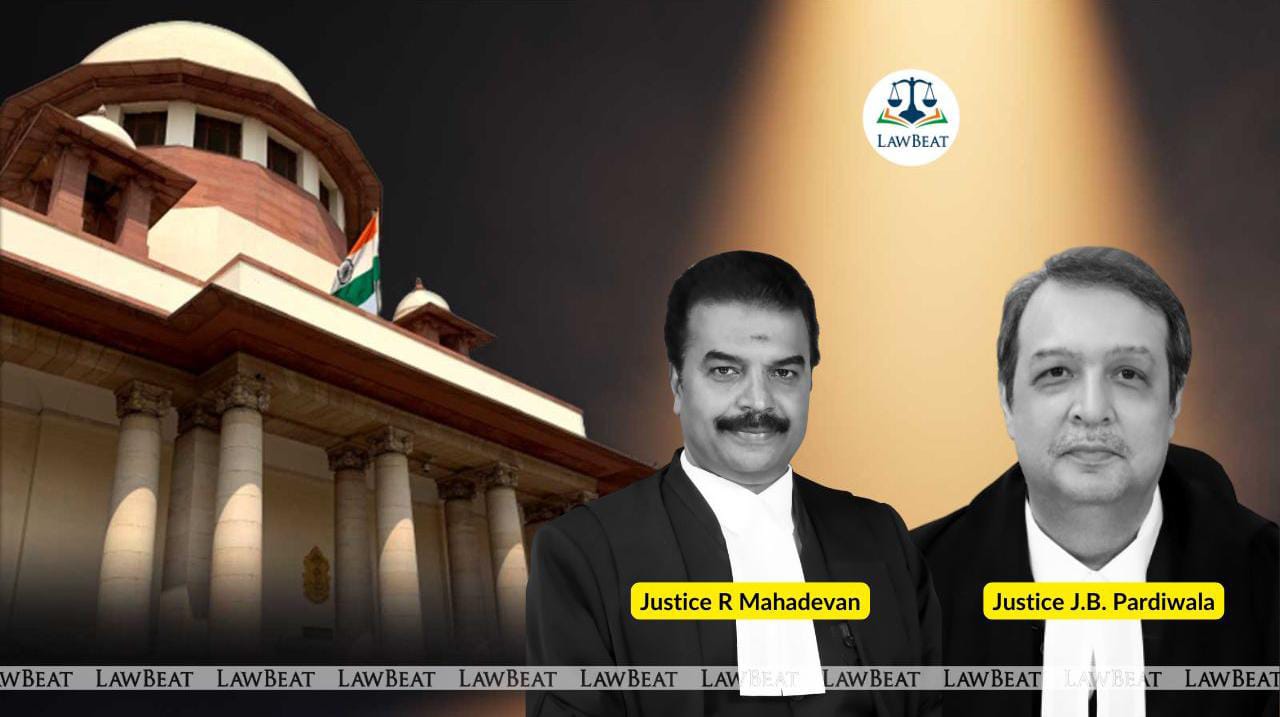Plaint in suit for specific performance can be amended at executing stage: SC

SC examined the question whether the relief of possession may be granted by the executing court in a case where the suit has been decreed for specific performance simpliciter and no express relief for the transfer of possession of the suit property has been granted
The Supreme Court has clarified that in a suit for specific performance, it is not always necessary for the plaintiff to seek transfer of property, as the plaint can be amended to include such a relief at any stage of the proceedings, including during the execution of the decree by the executing court.
A bench of Justices J B Pardiwala and R Mahadevan dismissed a petition challenging the Rajasthan High Court's order, which had allowed a plea filed by the original plaintiffs and decree holders. The High Court had set aside the order passed by the Additional District Judge, Bansur, District Alwar (Rajasthan) in the execution petition.
The petitioners, Birma Devi and others, claimed to be the subsequent purchasers of the suit property. The plaintiffs had filed a suit for specific performance of a contract based on an agreement of sale with the original defendants, and succeeded in obtaining a decree for specific performance in their favor. However, since the original defendant, who had executed the agreement of sale, was no longer interested in the matter due to having sold the property to the petitioners, there was no challenge to the judgment and decree passed by the Trial Court.
During the execution proceedings, the executing court observed that although a decree for specific performance had been passed, it did not mention anything about the transfer of possession of the suit property. As a result, the executing court declined to hand over possession of the property to the plaintiffs.
The decree holders challenged the executing court’s order, and on July 11, 2023, the High Court ruled that in a suit for specific performance, even if no decree for possession was specifically sought, the executing court was still obligated to ensure that possession of the suit property was handed over to the decree-holder. The High Court set aside the executing court's March 12, 2019 order and directed the execution of a warrant of possession in favor of the plaintiff-decree holders.
The petitioners, claiming to be subsequent purchasers, approached the Supreme Court to challenge the High Court's order. The bench examined whether possession could be granted by the executing court when the suit had been decreed for specific performance but did not include a specific provision for the transfer of possession.
The Court referred to its ruling in Babu Lal Vs Hazari Lal Kishori Lal (1982), which stated that in cases where possession cannot be effectively granted without a specific claim for it, such as when the property is jointly held or has passed into the possession of a third party, the plaintiff must seek the relief of possession, partition, or any related relief.
The bench highlighted that Section 22 of the Specific Relief Act, which allows for amendments to the plaint at any stage of the proceedings, enables the plaintiff to include a claim for possession or partition during the execution stage. This view was reiterated in a recent case, Rohit Kochhar Vs Vipul Infrastructure Developers Ltd & Ors (2024).
The bench further emphasized that it was only in "appropriate cases" that the plaintiff needed to separately seek relief for possession or partition, as well as specific performance. In cases where the contracting party has exclusive possession, a decree for specific performance alone—without the need for a separate provision for possession—can provide the necessary relief to the decree-holder. This approach is consistent with Section 55 of the Transfer of Property Act.
Case Title: Birma Devi & Ors Vs Subhash & Anr
